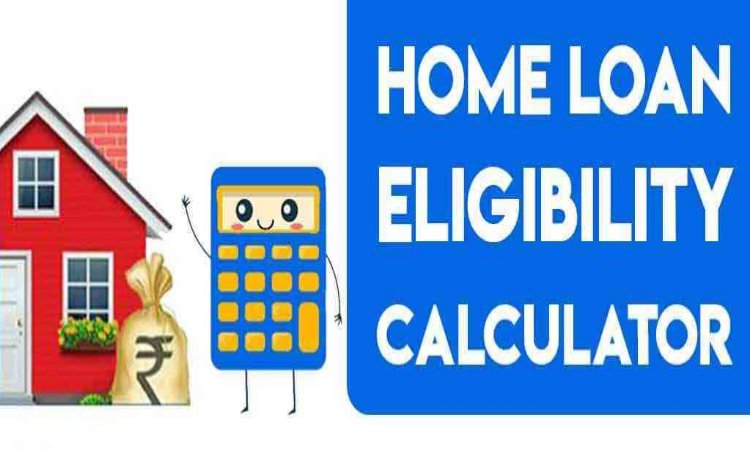Owning a home brings with it a sense of safety, independence and financial security. To make this dream a reality, many financial institutions extend home loans at affordable interest rates. Although before applying for a home loan, you should make sure you are eligible for one to avoid the chances of rejection. This is where using a home loan calculator comes in handy. This online tool helps you determine your eligibility to get a loan.
What is a Home Loan Eligibility?
Rejection in a home loan application can negatively impact your credit score. Which is why it is crucial to check the eligibility criteria before applying.
As the name suggests, eligibility is a standard for all lending institutions, including banks and non-banking financial institutions, to assess an applicant’s reliability as a borrower and ability to repay the loan.
Consequently, knowing and meeting the eligibility criteria will streamline and speed up the process.
Home Loan Eligibility Criteria
| Employment Status | Salaried or Self-Employed Persons |
| Age (in years) | Minimum: 18, Maximum: 60 (65 for Self-Employed) |
| Gross Income | Minimum: Rs. 15,000 per month (Rs. 20,000 per month for Delhi, Mumbai, Bangalore, Pune, and Chennai) |
| Minimum Qualification | Not Required (Bachelor’s degree Required: if works with Private Limited/Partnership Firm) |
Factors That Affect Your Home Loan Eligibility
Loan requirements vary from one bank to another, and an online housing loan calculator can help borrowers determine how much they can borrow.
Several factors determine a loan’s eligibility, and each lender considers these:
- Age – A house loan EMI is determined by the term of the loan, which is directly related to your age. Most financial institutions require a minimum age of 18 years of the borrowers.
- Income – A person’s income determines their EMI payments.
- Previously Loan Obligations – Given that a monthly payment is deducted from your current income, your prior financial obligations will significantly impact your eligibility. After that, a percentage of the EMI will be determined.
- Credit Report – It’s how lenders decide whether to approve your loan based on how well you’ve handled your other debts.
- Regulatory Guidelines – The NHB has established limits on how much loan can be sanctioned on a specific property price. This limit varies slightly based on the cost of the property. Low-cost properties are eligible for a higher limit and vice versa.
How to Increase Home Loan Eligibility?
You can improve your eligibility for a home loan with these tips:
- Apply with a co-applicant: If you apply with a family member-parent, spouse, brother, or child, you may get loan approval for a larger amount as both your salaries would be counted. Furthermore, you may be eligible for extra tax benefits with your co-applicant.
- Repay existing Debts: Most financial institutions use the Debt-to-Income Ratio to assess a borrower’s eligibility for a home loan. If you wish to obtain a home loan, you should repay your existing loans before applying for one.
- Maintain a healthy credit score: A CIBIL score above 700 may help in easy approval at lower interest rates. So monitor your credit to avoid defaults and loan rejections.
The Bottom Line
Financial institutions offer various tools to help you with the loan process. Check your eligibility with a home loan eligibility calculator and use the home loan EMI calculator, to calculate your EMI as per tenure and amount. Using the calculator, you can quickly determine whether you are eligible for a house loan and what your EMI will be without leaving the comfort of your home. Comparing the eligibility requirements of several home loan providers will allow you to choose the best loan for your needs.
















